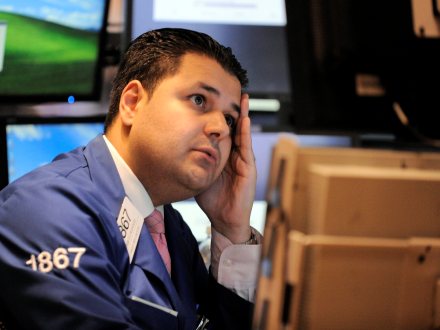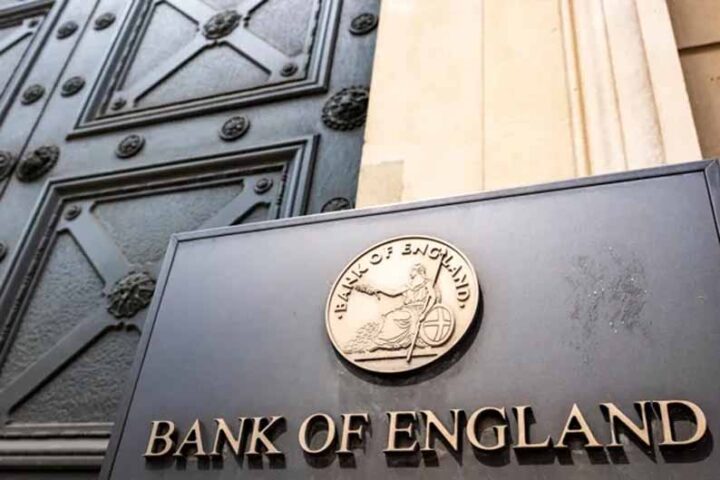By Jameel Ahmad, Global Head of Currency Strategy & Market Research at FXTM
Negativity and pessimism very much remains the theme of investor sentiment late Wednesday with stocks tanking at an alarming pace once again and risk appetite vanishing before our own eyes, following what remains as a dramatic time to be watching financial markets.
These losses have occurred despite authorities throughout the world stepping up the game and announcing fresh fiscal initiatives to help support stability. Although some of these measures are reassuring and refreshing to hear, we are still looking at a situation where a fast-moving car has been required to slam its breaks in an emergency stop and nobody has any idea when the same car will be able to move again, let alone at the pace that we considered as normal.
Nations are still announcing more controls and restrictions that are, although put in place for very good reason, creating anxiety for investors and the average person on the street trying to adapt to this environment. Until it is confirmed that a combination between countries having reached the limit of putting controls in place, the virus reaching a peak, or a vaccination being on the way, trying to support financial markets at this time will be like trying to water a plant with holes in the watering pot.
One of the many casualties during Wednesday trade has been another astonishing fall in the US Crude Oil price, with the commodity losing a further 10%. Oil has smashed through its previous 2016 support level of around $27 and is now valued below $25 for the first time since 2003. Investor sentiment is in such a state of freefall that it is possible that Oil can fall to $20 within hours, if not by the end of this week.
The British Pound has also caught attention since dropping to its lowest level since 1985, surpassing the lows seen during the historic Brexit vote of June 2016. Rumours remain that the United Kingdom is approaching the threshold of what would see a similar style of lockdown to what has also been seen in Europe and this could take GBPUSD to 1.15. Although additional Pound weakness would also rely on ongoing resilience in the US Dollar.
Where the risk of a further widespread selloff and plunge in investor sentiment remains on the table is across emerging forex markets. The currencies of emerging markets have for the most part remained reasonably robust in light of the global stock market turmoil, but the clock should be ticking on how long this can last.
Liquid emerging market currencies will be the ones directly in the firing line, with the likes of the South African Rand (USDZAR) facing a probability of appreciating all the way to 20. This would be a new historic low for the Rand should it depreciate beyond the approximate 17.91 level, but the reality is that with risk appetite vanishing into dust, many new record lows for emerging market currencies are likely.
The Malaysian Ringgit is one example of a currency that has handled the duress in world financial markets reasonably robust with a valuation of 4.37, but 4.40 and even 4.45-4.50 is possible.
Investors are essentiality desperate to hear good news from authorities and specifically health experts on defeating this virus.
For information, disclaimer and risk warning note visit: FXTM
FXTM Brand: ForexTime Limited is regulated by CySEC and licensed by the SA FSCA. Forextime UK Limited is authorised and regulated by the FCA, and Exinity Limited is regulated by the Financial Services Commission of Mauritius








